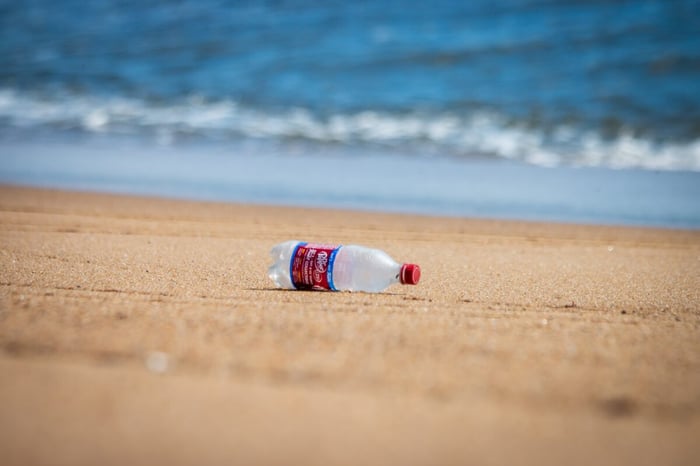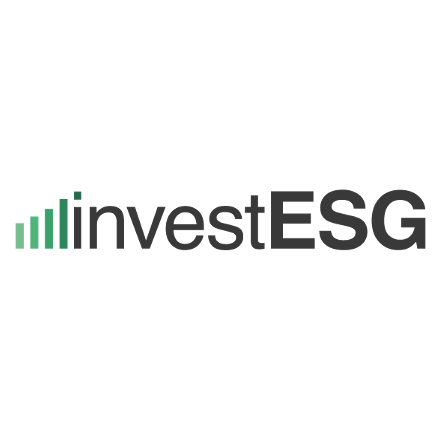INSIGHT by Amanda Russo, World Economic Forum


Dealing with the plastic pollution crisis requires an overhaul of supply chains and a fast-track of sustainable plastics policies by government leaders
At the Sustainable Development Impact Summit, the Global Plastic Action Partnership (GPAP) calls on governments, businesses and civil society leaders to tackle the crisis together
Ambitious projects in Ghana and Indonesia highlighted as first-movers with pilot projects likely to be adopted by Viet Nam and other countries looking to accelerate plastic action
Download the GPAP Annual Impact Report, learn more about the Sustainable Development Impact Summit and view sessions
The COVID-19 pandemic has led to skyrocketing usage of disposable plastic – from personal protective equipment and other plastic to ensure high levels of hygiene – without the waste management infrastructure needed to cope. During the Sustainable Development Impact Summit, a call to action was delivered to counter the rise in single-use materials through the adoption of a circular economy for plastics. Efforts are already under way in Ghana and Indonesia, offering hope of improving the road ahead.In Indonesia, the Coordinating Ministry for Maritime Affairs and Investment teamed up with the World Economic Forum and its Global Plastic Action Partnership (GPAP) to release an ambitious plan for reducing marine plastic debris by 70% by 2025. The plan was developed through extensive consultation with public, private and civil society stakeholders in the country. It is now being put into motion by local task forces on innovation, metrics, financing, behaviour change and policy.The GPAP team supported the establishment of a financing task force along with the Indonesian Ministry of Finance and the Asian Development Bank, which aims not only to achieve Indonesia’s financing objectives but also to create a financing knowledge exchange hub for South-East Asia. An innovation task force to map the local innovation ecosystem will help align on the joint mission and build a portfolio of high-potential solutions for change. Ghana’s 100% circular economy for plastics Similarly ambitious plans will soon follow for Ghana. The country has committed to achieving a 100% circular economy for plastics. GPAP is collaborating with the Ministry of Environment, Science, Technology and Innovation, the United Nations Industrial Development Organization and the Global Environment Facility to mobilize $77 million for the development of a circular economy framework for plastics. Ghana is expected to leverage this funding and technical expertise to establish itself as the circular economy leader for plastics in West Africa.
“Ghana understands the challenges of plastic pollution on health, well-being and the economy,” said Kwabena Frimpong-Boateng, Minister of Environment, Science, Technology and Innovation for Ghana. “We see first-hand the disastrous impacts of plastic pollution on our marine resources, agriculture and traditional ways of life. However, Ghana also knows the promise of comprehensive plastics management as a vehicle for sustainable development. We are using the power of partnership to transform commitment into action.”
Viet Nam to reduce marine plastics by 75% Viet Nam is the latest country to join GPAP, pledging to reduce marine plastics by 75% by 2030. Lessons learned from pilot projects under way in Indonesia will be assessed and deployed in Viet Nam with the support of the government.“We are looking forward to the contribution from the National Plastic Action Partnership to support strategies, plans and schemes for plastic waste management in Viet Nam, facilitate meaningful initiatives in addressing plastic pollution and promote circular economic development in Viet Nam and in ASEAN,” said Tran Hong Ha, Minister of Natural Resources and Environment.
“There is a long and complex journey that lies ahead for the movement to eradicate plastic pollution,” said Kristin Hughes, Director of the Global Plastic Action Partnership at the World Economic Forum. “In the year ahead, we will be working with our partners to take action, deliver change and drive impact. Public-private cooperation has never been needed more.”
GPAP aims to shape a more sustainable and inclusive world through the eradication of plastic pollution. It works with diverse communities at the global and local levels to translate plastic pollution commitments into concrete action.The team is working to turn early learnings and actionable knowledge from these pilot projects into open-source, user-friendly guidance that can help change-makers in any country. These new tools will be released in early 2021. | aboutThe fourth World Economic Forum Sustainable Development Impact Summit comes at a time unlike any other. Under the theme, Realizing a Great Reset for Sustainable Development, this year’s summit brings together more than 3,800 leaders from government, business and civil society. From more than 141 countries, voices at the cutting edge of sustainable development are meeting virtually for the first time. They will share new perspectives to initiate, accelerate and scale-up entrepreneurial solutions that advance the sustainable development goals and tackle climate change. All opinions expressed are those of the author. investESG.eu is an independent and neutral platform dedicated to generating debate around ESG investing topics. investESG
investESG

